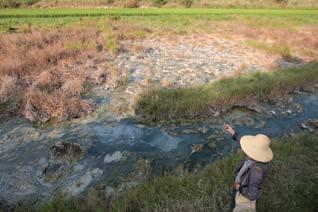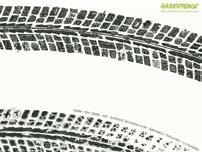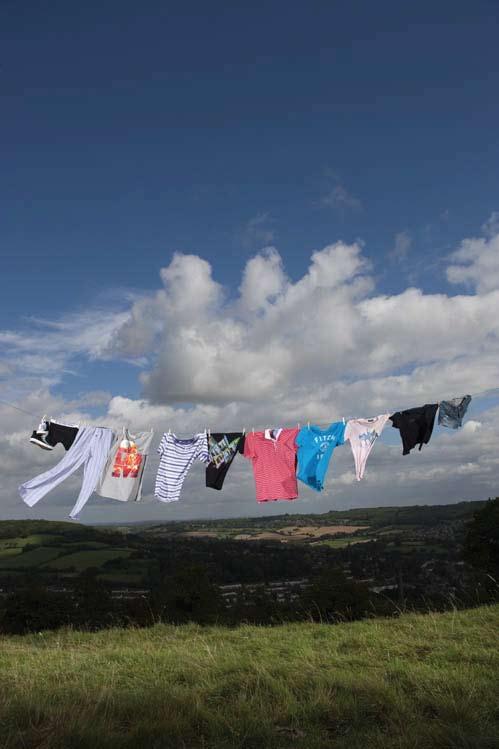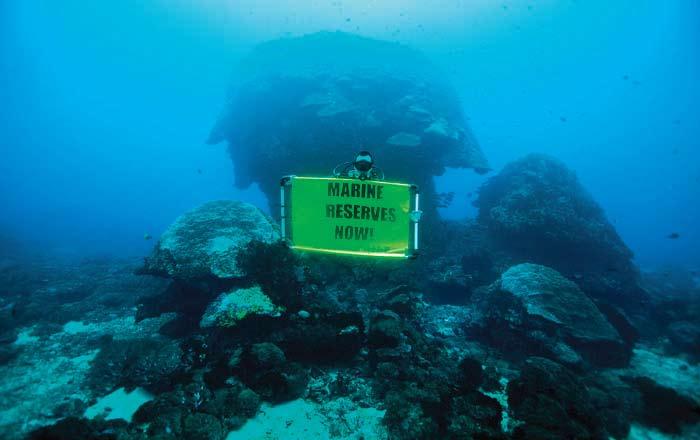
1 minute read
GREEN HEADLINE
IDEAL is ......
INVESTIGATE Like scientists – in fact many of our staff hold PhD’s and masters in scientific disciplines – we investigate environmental crimes. We take samples, conduct laboratory tests, and use satellite mapping data. In this issue we reveal our undercover investigation into water pollution by the textile industry in China (see page 6).
DOCUMENT One of Greenpeace’s core values is ‘bearing witness,’ or in other words documenting environmental disasters so that they cannot be forgotten or covered up. This year we rushed to the scene of an illegal chromium waste dump site that was killing cattle, poisoning people’s drinking water, and choking crops in Yunnan province. Here we present the evidence (see page 12) that helped to kick start a nationwide government cleanup plan.
EXPOSE Through meticulous research, often in collaboration with some of the world’s top scientists, Greenpeace investigates key environmental issues. We were in the Arctic earlier this year to measure sea ice thickness (an indicator of the rate of climate change) with experts from Cambridge University. Gloria Chang from our Hong Kong office went to the Arctic to lend a helping hand (see page 16).
ACT “Positive Change through Action” is one of Greenpeace’s guiding principles. Non-violent direct action helps bring our message of change to companies, governments, and the public. Read about the bravery (page 20) of our activists this year as they scaled an oil rig in freezing conditions in the Arctic to stop potentially devastating oil drilling.
LOBBY We engage in dialogue with governments and companies on all our campaign issues – that includes toxic pollution, climate change, deforestation, and the health of our oceans. In effect, we are lobbying with the best of them.
Our role as lobbyists is best illustrated with the story of Yu Fen Kao, our oceans campaigner in our Taiwan office who is facing court action because she told the Taiwan government to take responsibility for the problem of illegal fishing. See page 24.
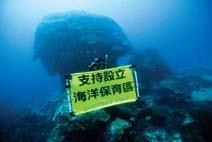
05
“The use of hazardous chemicals by the textile industry is a widespread and pervasive problem.” Dirty Laundry 2: Hung Out to Dry, Greenpeace report on the textile industry released August 2011


